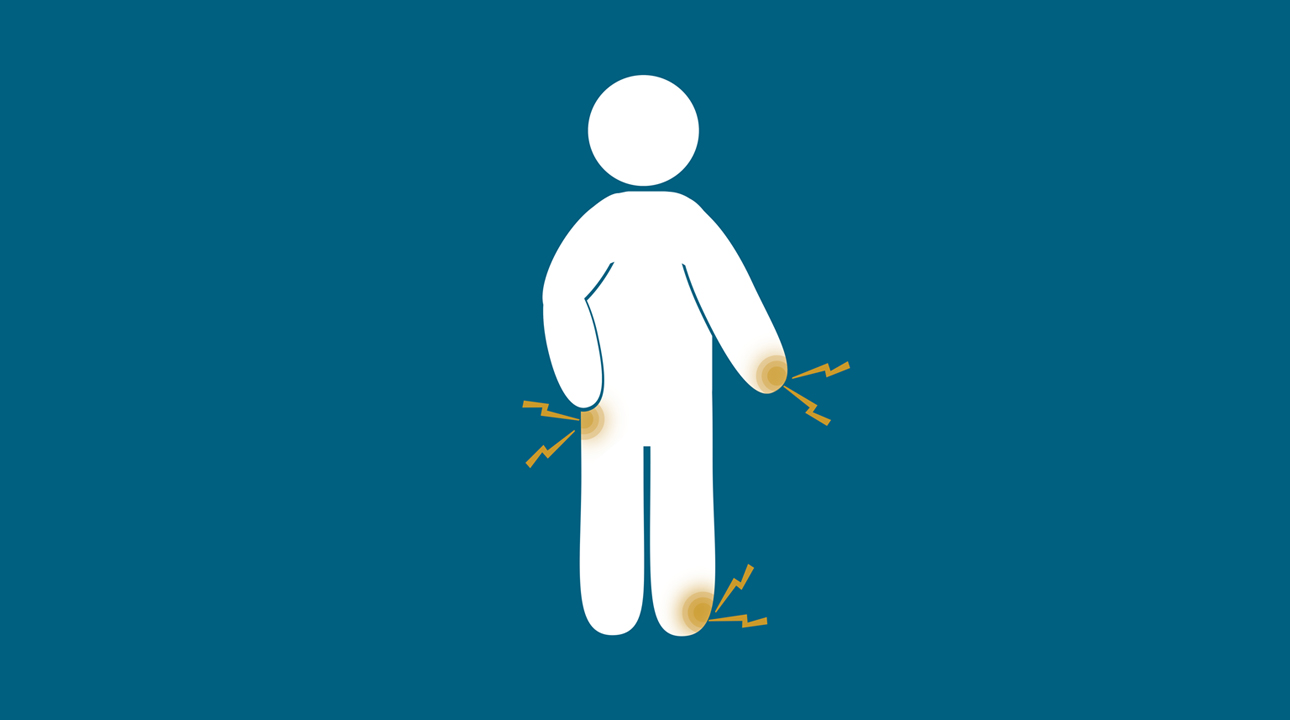FAQS ABOUT FIBROMYALGIA

Many people consider purchasing a hot tub to help ease symptoms from medical conditions. One condition frequently asked about by potential spa owners is fibromyalgia, a syndrome affecting the nervous system. According to The Mayo Clinic, fibromyalgia most often includes “widespread musculoskeletal pain,” as well as fatigue and mood changes. While warm water has proven to have positive health benefits, raising one’s body temperature can potentially be detrimental to certain constitutions and only a doctor can recommend treatment for fibromyalgia. As you’re consulting your physician, we’ve provided a few frequently asked questions to help inform you about fibromyalgia:
Who is Affected by Fibromyalgia?
Anyone can suffer from fibromyalgia, though WebMD notes that women are more likely to develop the syndrome than men. It also seems more likely to strike those with anxiety and irritable bowel disorder, among others.
What are Some Symptoms?
Chronic pain in the muscles, muscle spasms, and general tenderness are among the most common symptoms of fibromyalgia. WebMD also indicates tension headaches, memory problems, and general abdominal issues are possible symptoms of this disorder.
Why Does Fibromyalgia Occur?
There is no hard and fast reason why fibromyalgia appears in some people but not others. There is some evidence that a family history is partially to blame; if you have a relative with fibromyalgia, you may be more likely to develop it. You may also be more susceptible to the syndrome if you have rheumatic arthritis or lupus.
What are Some Treatments?
Your doctor will prescribe the course of treatment best for you, but in general, you will be looking at OTC treatments, prescription drugs, and lifestyle changes. Regular over-the-counter painkillers may take the edge off muscle pain, while antidepressants have been shown to provide additional comfort.
What Lifestyle Changes Can I Pursue?
The Mayo Clinic recommends reducing stress, making sure you sleep enough, and getting some exercise. You may also look into hydrotherapy, or using water to treat sickness or discomfort. Besides helping you relax, sitting in a hot spa may help increase circulation, and exercising in water is easier on painful joints. Again, be sure to determine if an increased body temperature will have any adverse effects on your condition before soaking in the tub.
If you have fibromyalgia, consult with your doctor to pursue the best course of treatment for you.